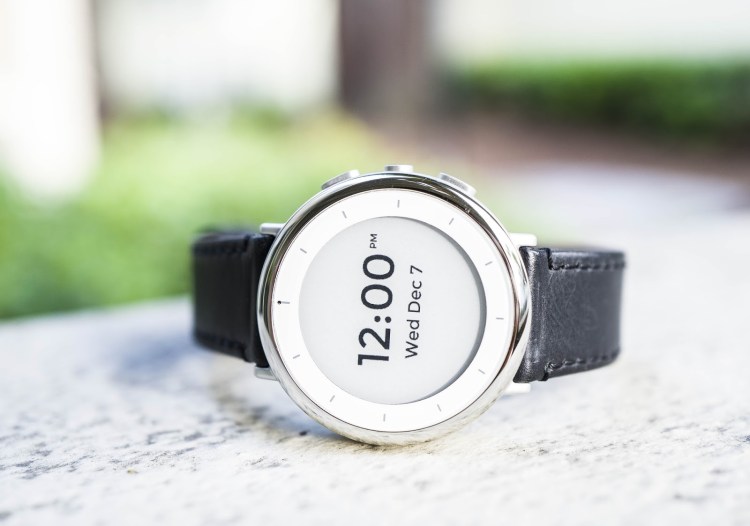testsetset
Google’s Verily, the health technology subsidiary of Google’s parent company, Alphabet, today announced that it’s secured $1 billion in financing led by Silver Lake, with participation from Ontario Teachers’ Pension Plan and “other global investment management firms.” It comes two years after Verily took in $800 million of outside capital from Singapore-based Temasek Holdings.
Verily CEO Andrew Conrad said the funding would be used to “support growth in key strategic areas,” including investments in strategic partnerships, business development opportunities, and potential acquisitions.
“We are taking external funding to increase flexibility and optionality as we expand on our core strategic focus areas,” Conrad said in a statement. “Adding a well-rounded group of seasoned investors, led by Silver Lake, will further prepare us to execute as healthcare continues the shift towards evidence generation and value-based reimbursement models.”
The terms of the transaction weren’t disclosed, but Verily said that Ruth Porat, chief financial officer at Alphabet, and Egon Durban, managing partner and managing director of Silver Lake, will be nominated to join the operating board.
June 5th: The AI Audit in NYC
Join us next week in NYC to engage with top executive leaders, delving into strategies for auditing AI models to ensure fairness, optimal performance, and ethical compliance across diverse organizations. Secure your attendance for this exclusive invite-only event.
“Verily’s unique capabilities, world-class partnerships and bold vision are enabling the company to tackle the most significant problems impacting global healthcare,” Durban said. “We look forward to working with Andy and the entire Verily team in their mission to use cutting-edge science and technology to change the paradigm of care delivery and improve clinical outcomes.”
Verily was quite active in 2018, tackling projects like the detection of sleep apnea, pharmaceutical drug discovery using AI, blood collection, health insurance, and even the creation of small needles that explode and retract through a user’s skin to draw blood with a wearable device.
Much of Verily’s research involve partners like GlaxoSmithKline, Walgreens, Dexcom, Johnson & Johnson, Sanofi, and the U.S. National Institutes of Health (NIH). It’s speculated that those partnerships are the reason why Verily was already profitable as of 2016, and making money on a “cash basis.”
Verily previously revealed a smartwatch packed with sensors, an always-on display, and a long-lasting battery meant for longitudinal studies. And it’s currently in the midst of a four-year study, launched in 2017 in partnership with Duke University and Stanford Medicine, that seeks to shed light on how people transition from being healthy to becoming sick, and to identify additional risk factors for diseases. It’s the first initiative of Project Baseline, Verily’s broader effort to develop a reference for good health.
Not all of its undertakings have been successful. Verily had been working with Alcon, the eye care division of Novartis, on a smart contact lens designed to monitor glucose levels in diabetic patients, but announced in November that it would pause work indefinitely.


